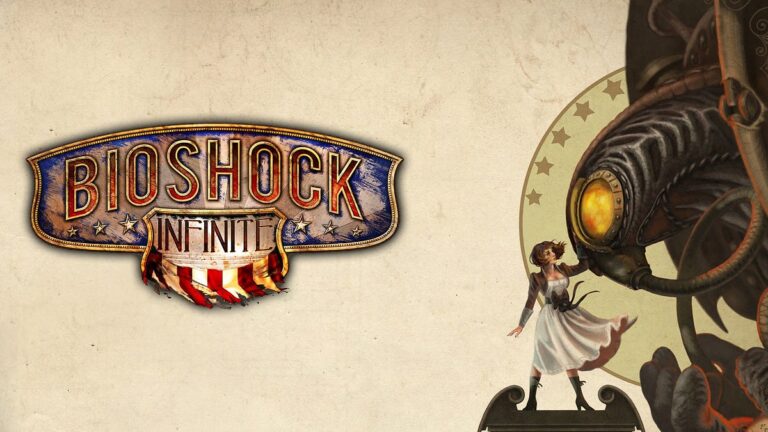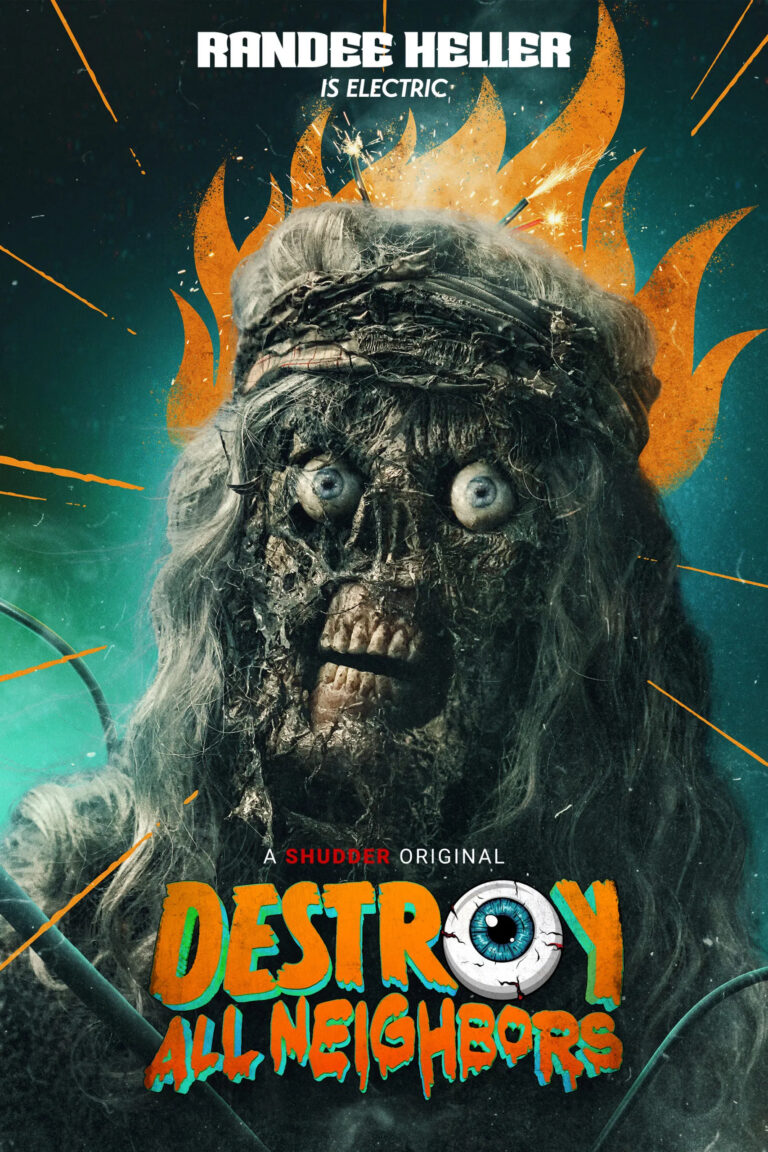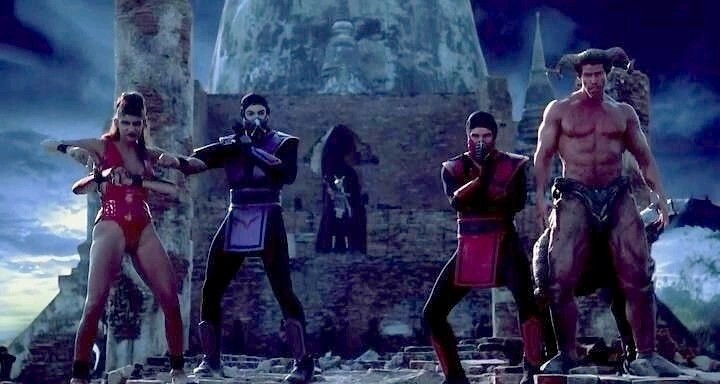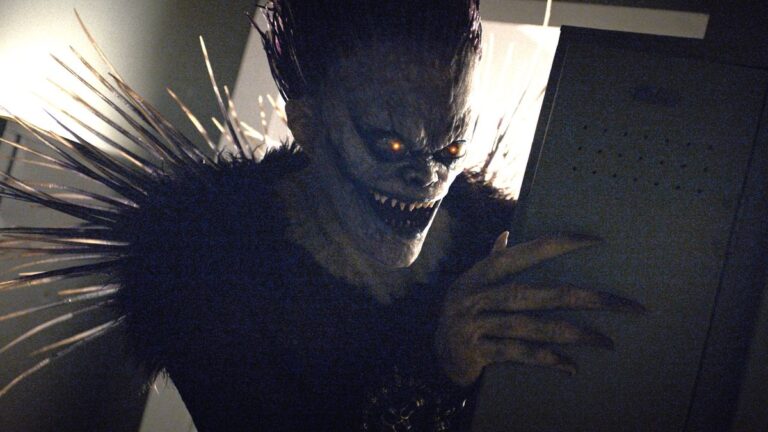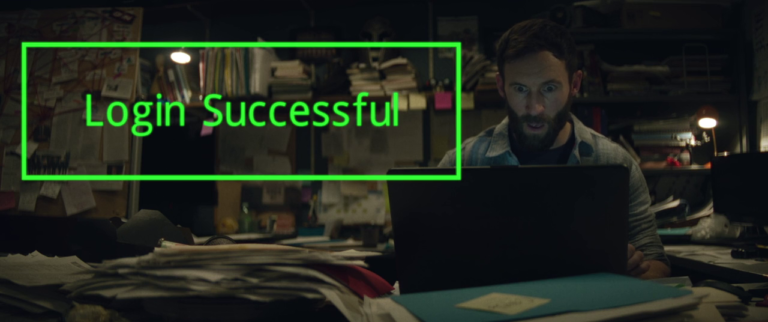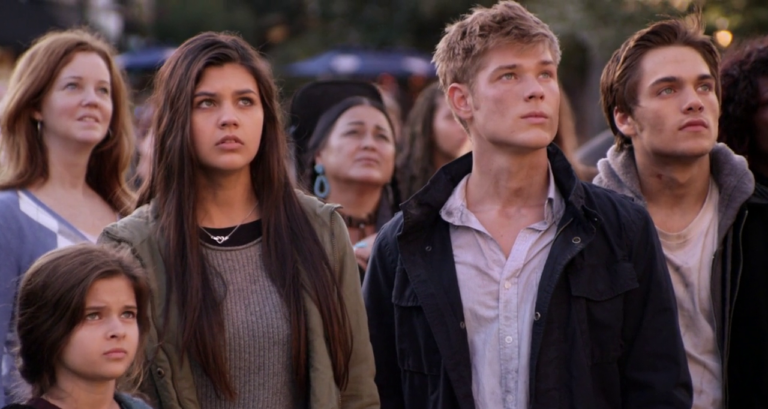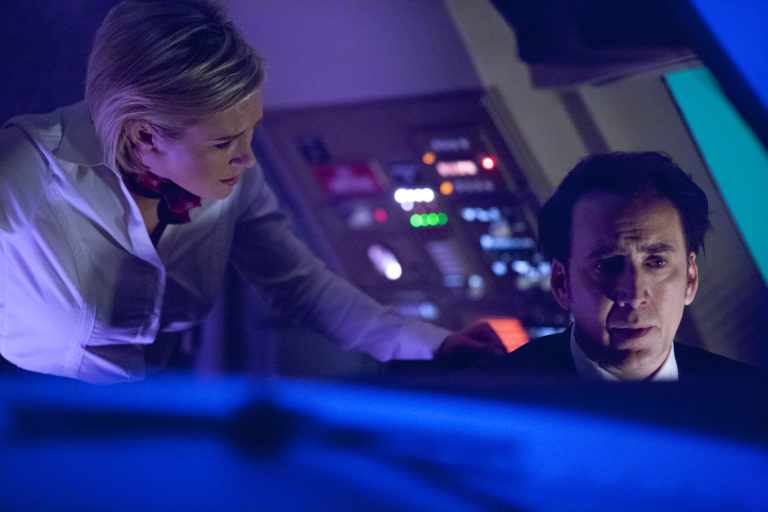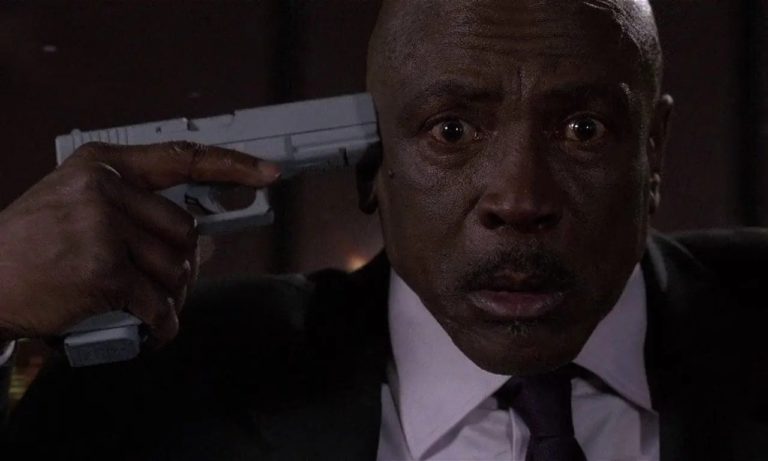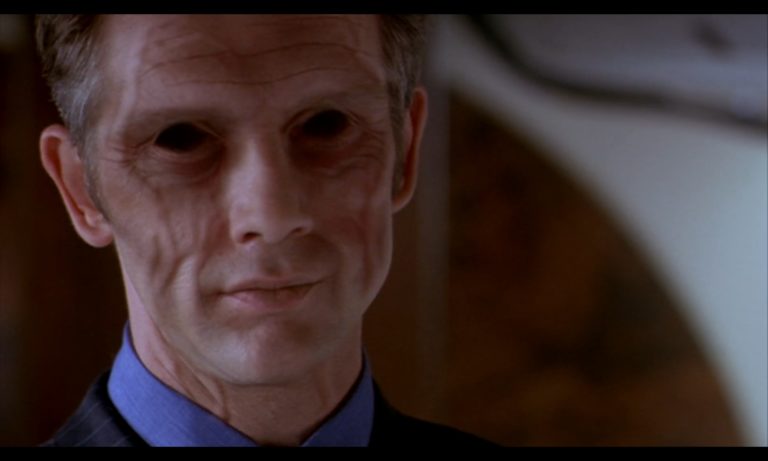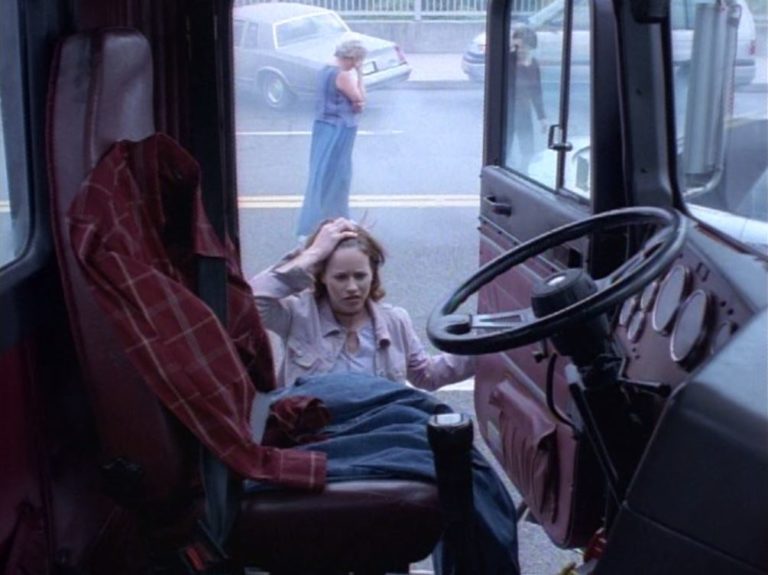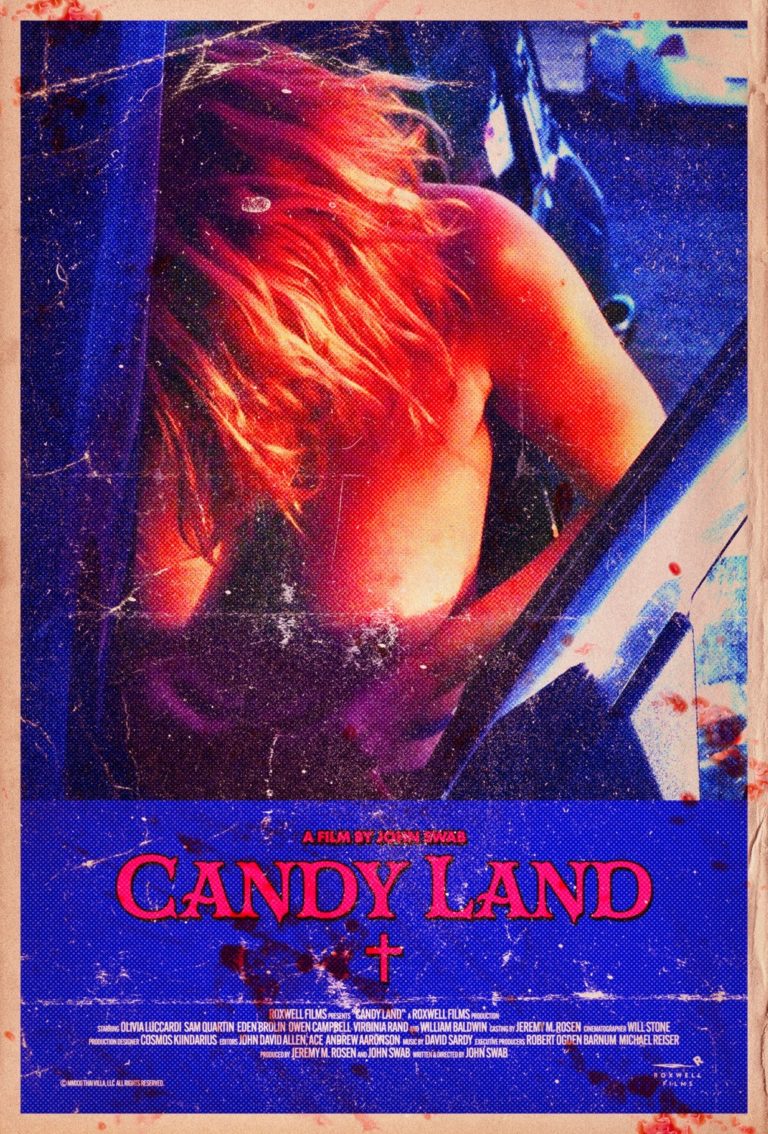Welcome back to the Bioshock Love/Hate series! In this entry, we’ll be covering the final game in...
christianity
It’s mid-December, so that means another count-down of my favourite movie posters of the past year! In...
25. Jaws: The Revenge (1987) Kicking off our bottom twenty-five, we have another legendarily bad sequel, Jaws:...
Rounding out this new series of favourite and least favourite media, we have my list of the...
So, since I went through my top 100 games of all-time, I thought it might be interesting...
Welcome back to the Left Behind retrospective! We have finally reached the most recent entry in the...
Welcome back to the Left Behind retrospective! In this entry we’ll be going over the fifth film...
Welcome back to the Left Behind retrospective! In this entry we’ll be going over the fourth film...
Welcome back to the Left Behind retrospective! In this entry we’ll be going over the third film...
Welcome back to the Left Behind retrospective! In this entry we’ll be going over the second film...
It’s been quite a while since my last retrospectives series (more than 3 years now), but that’s...
I may not be writing as much as I used to, but it’ll be a cold day...
Growing up in an evangelical household, there were lots of things which were considered “unhealthy” to my...
I recently watched Alt-Right: Age of Rage on Netflix. If you’re not really familiar with the alt-right and...
